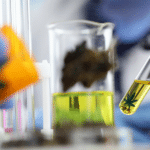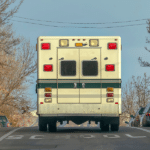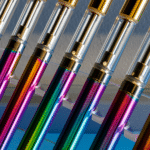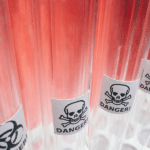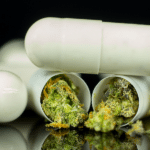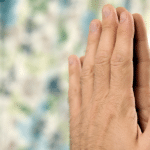CBD is clearly a useful medicine in the treatment of some types of epilepsy, yet patients are faced with dilemmas when they must decide which product to use, how to incorporate it with other medications, and how to begin dosing. Isolate CBD products have the advantage of being standardized, although they suffer from numerous limitations.
There is plentiful evidence that orally ingesting high doses of pure CBD reduces pediatric seizures. Kids are first given a single dose of 5 mg CBD per kg of body weight (written 5 mg/kg CBD) per day. Then the dose is cautiously raised by around 5-10 mg/kg each week and the administration is spread out across two or three doses a day. All the while, the patient’s doctor will be looking out for new side effects and changes in the metabolism of other drugs. Some patients find sufficient relief at 20 mg/kg CBD, whereas other take up to 50 mg/kg per day.
A recent article published in CNS Drugs reaffirms this general protocol. Patients in this study were given between 10-40 mg/kg CBD, split into two doses a day, for six days. A bidirectional drug-drug interaction was reported between CBD and clobazam (a benzodiazepine anti-epileptic drug), which has been seen previously. Patients using clobazam had about 2.5-3 fold higher exposure to the highest dose of CBD, and this 40 mg/kg dose of CBD also elevated clobazam levels. Consistent with other reports, CBD and clobazam can be used safely together, but the dose of both drugs should be lower than normal. One 16-year-old on the 40 mg/kg dose had temporarily abnormal liver function (measured by alanine aminotransferase levels), which resolved on its own. This dangerous side effect occurred in one other study of CBD, likely due to an interaction between cannabidiol and valproate. The authors here do not report whether this patient was using valproate as well. Unfortunately, there is a severe conflict of interest among the study’s authors. A single company provided the CBD solution, funded the study, and wrote the results: Insys.
Insys is best known for bribing doctors and illegally marketing fentanyl; it is one of the groups most responsible for the modern opioid epidemic. In early May, top Insys executives were criminally convicted for their role in tens of thousands of overdose deaths. But this lethal criminality somehow is not a disqualifying factor in the pharmaceutical world: the DEA gave a green light to Insys for marketing a THC isolate at the start of 2018. They now have clinical trials investigating CBD for epilepsy and numerous drugs for treating opioid addiction, a sick irony.
Adrian Devitt-Lee is a research scientist and longtime Project CBD contributor. © Copyright, Project CBD. May not be reprinted without permission.


